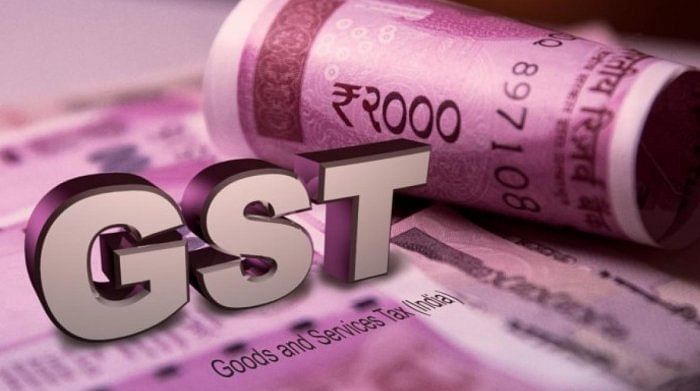
The long-awaited and much delayed 48th GST Council meeting held recently was a disappointing affair. There were a lot of expectations riding on the meeting being held after a gap of more than five months. It was a truncated affair, with just eight of the 15 items on the agenda being taken up for discussion. There was no correction of the inverted duty structure, an exercise that could have led to the rationalisation of rates. There was also no attempt to move toward the much-debated rate convergence. Having said that, there were some decisions of note.
There was the perfunctory tampering with rates—reductions in husk and ethyl alcohol supplied for blending purposes, for instance—but no increase in rates on any commodities. A clarification was also issued on the needless dispute about what constitutes an SUV and the applicability of a 22% cess on such SUV’s.
Decriminalisation under the GST has been mentioned in the press release as a trade facilitation decision taken. The threshold limit for launching prosecution has been increased from Rs 1 crore to Rs 2 crore (amount of tax evaded) for the 12 specified offences currently liable for prosecution under the law, except in the case of the issuance of an invoice without supply. There has also been a welcome relaxation in provisions relating to the compounding of offences, an alternate solution to dispute resolution.
Obstruction offences (preventing an officer from performing his duties and tampering with evidence or failing to supply information), which currently can result in prosecution and mandatory imprisonment ranging from 6 months to one year to three years, will no longer be considered serious enough for the department to initiate prosecution. Prospective offenders need not get emboldened; these three situations are considered offences under the IPC and can be invoked.
The decision to facilitate intra-state supply by unregistered micro enterprises and composition taxpayers using the e-commerce platforms was taken at the 47th Council meeting in June 2022. The Council has approved the amendments and notifications required to operationalise the proposal, which will be implemented from October 2023. Given the importance of microenterprises and the fact that this has been a long-pending request, the proposed implementation date is, to put it mildly, surprising.
Refunds, which were restricted only to registered persons, will now be available to unregistered persons in specified cases. It has also been clarified that there will be no GST on third-country exports, bond sales, or high seas sales retrospectively from 1.7.2017 to 1.2.2019; no refund is proposed for the honest taxpayer who paid.
The elephant(s) in the room—finalising the modalities of a much-needed GST Tribunal and the issue of a levy on online gaming—were not even discussed in this meeting.
The other important item on the agenda, the issue of levying GST for industries suspected to be evasion-prone based on production capacity, also did not come up for discussion. The issue of setting up a GST tribunal is of critical importance. With the law having been in force for more than 5 years, it is essential that a tribunal to hear appeals be available. The absence of such a tribunal has meant that aggrieved taxpayers must necessarily go to the courts for relief. This is expensive and burdens the courts. A Group of Ministers (GoM) set up to examine the issue has submitted its report, which was not even discussed.
The issue of online gaming has been hanging over us for a long time. In the mean time, because of the confusion, cases are being booked, notices issued, and litigation is increasing. The GoM constituted to examine the issue could not arrive at any consensus and has tossed the ball (or, in this context, the dice) back to the Council. This is unfortunate and perhaps reflective of the confusion caused by the intense lobbying in the media by the online industry. A decision is needed.
The other issue is the proposal to levy GST on evasion-prone industries on the basis of the production capacity of the machines installed. GST is a destination based tax on consumption of goods and services, with only value addition to be taxed. Conceptually, the proposal to tax based on production capacity is against this fundamental premise of the GST. One will have to wait for the contours of the proposed levy. It is critical that the GST Council meet on a regular basis. This would help in addressing issues and, more importantly, in bridging the trust deficit with the states, the key partners in the successful implementation of the levy.
(The writer is chairman (retired), Central Board of
Indirect Taxes & Customs)